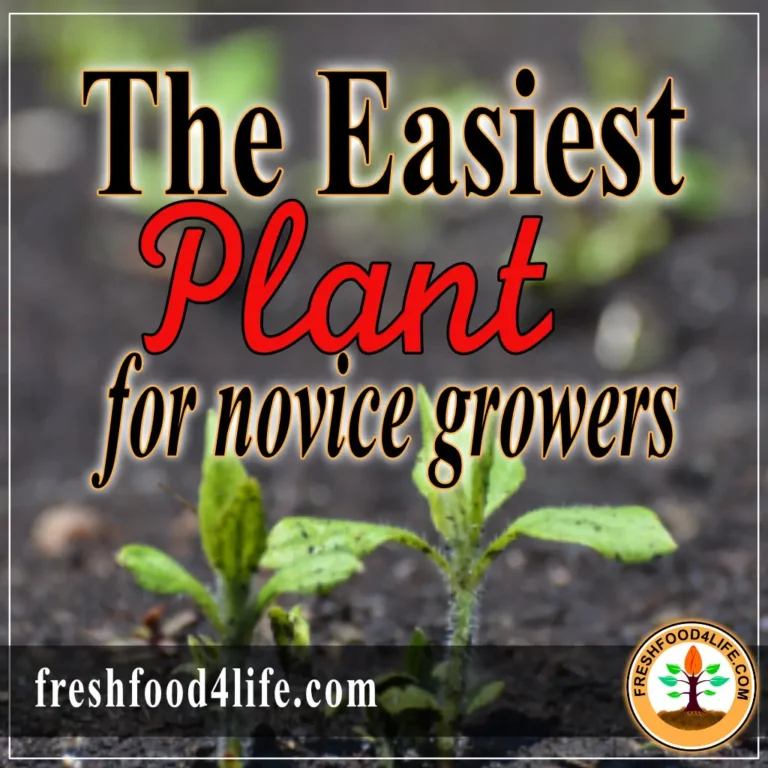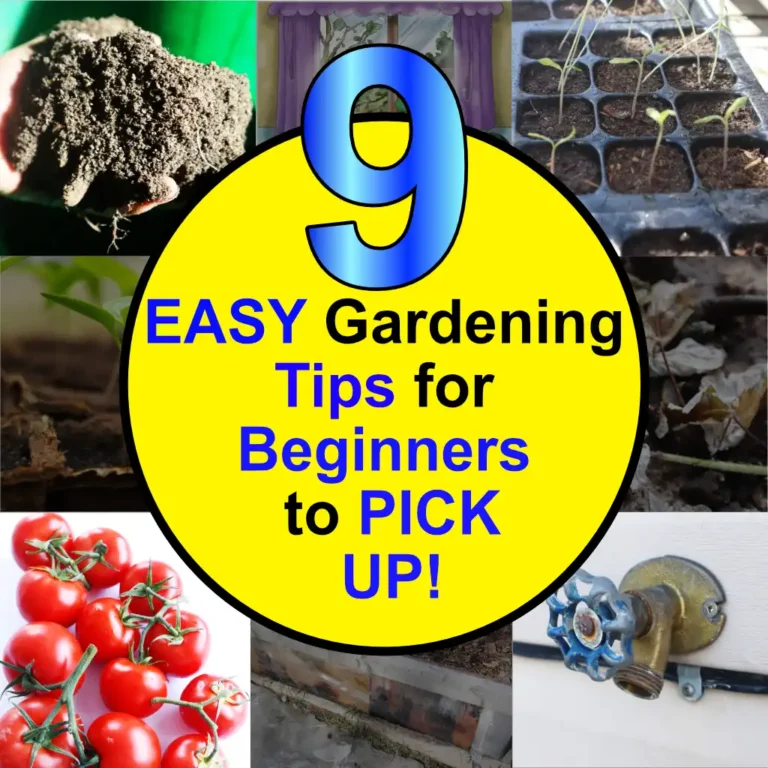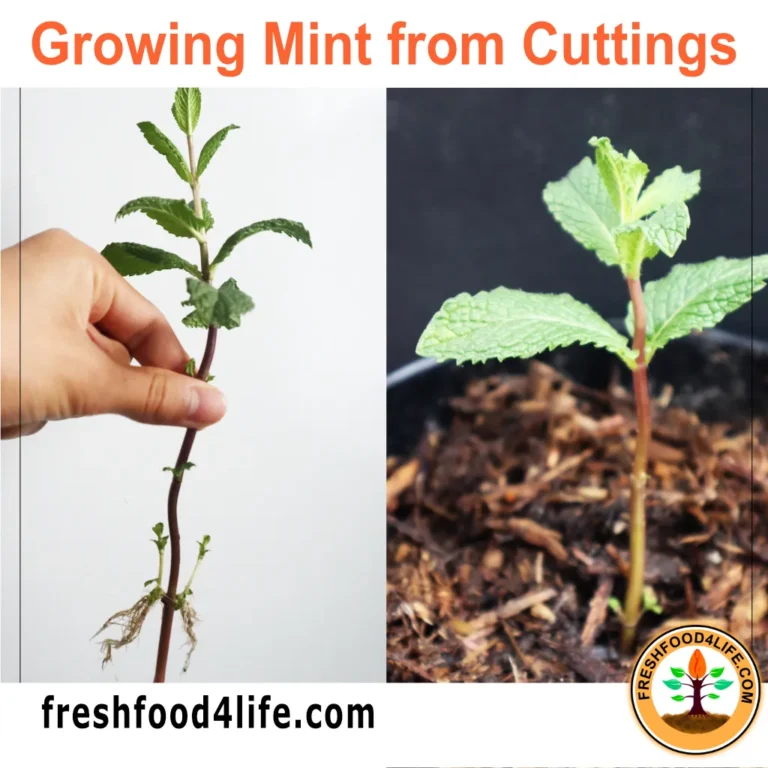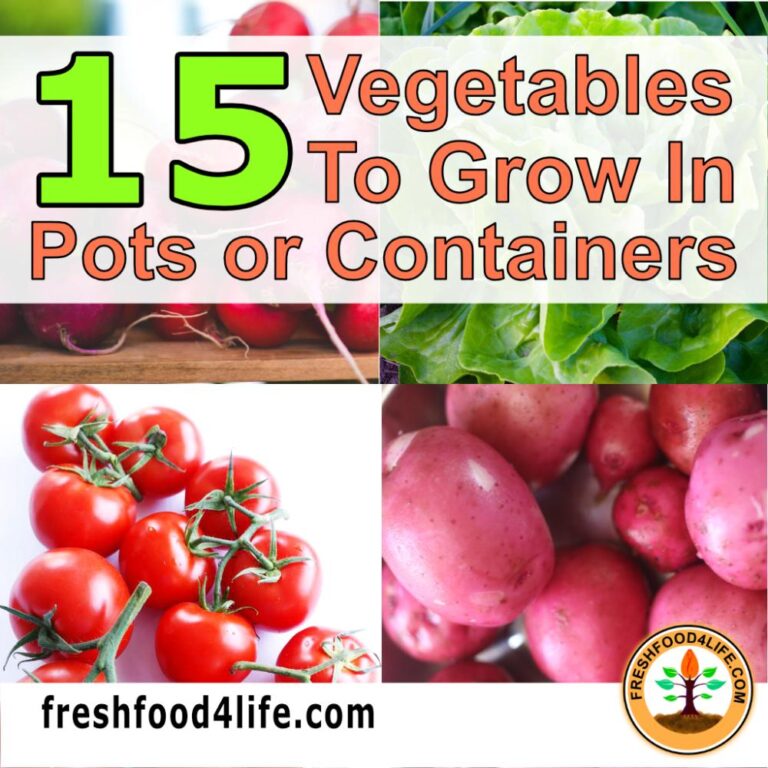Published: December 5, 2024 Last Updated: January 3, 2025
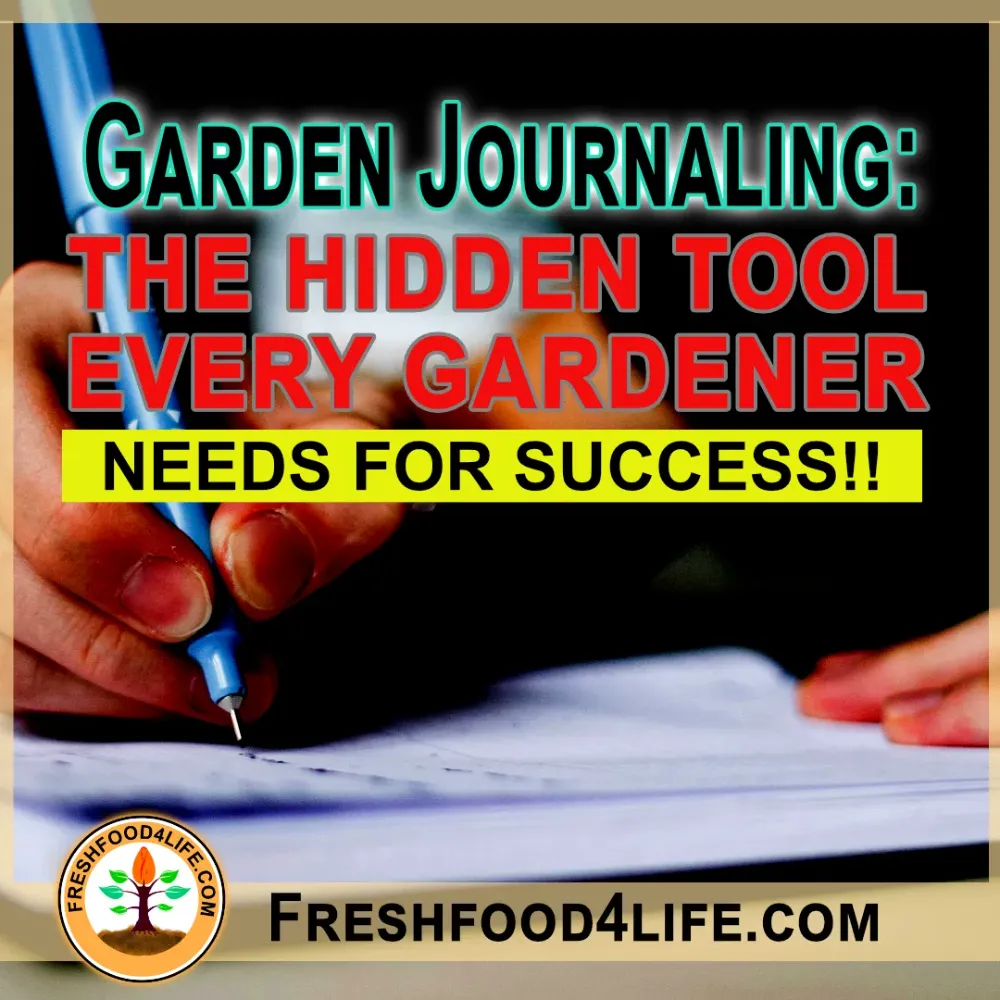
Garden journalingGarden journaling Garden Journaling: A systematic and reflective practice of recording observations, notes, and insights about one’s garden. is one of the most underrated activities of the small or hobby gardenerHobby gardener Hobby gardener: An individual who cultivates and maintains a garden, typically for personal enjoyment and recreation, rather than for commercial purposes.. Why is that? Any gardener, whether tending a home gardenhome garden A designated area around a residential property where individuals cultivate plants, fruits, vegetables, or ornamental plants for personal use. It comprises a farming system that combines physical, social, and economic functions on the area of land around a family home, providing a sustainable source of food and other benefits for the household, extended family, and friends. or preparing for a family event, can find garden journaling a hidden superpower.
Table of Contents
I’m passionate about writing, words, and things/methods to make things go faster, smoother, and with greater ease! That’s why when I discovered garden journaling, I knew I had to open my mouth and let you know about it. Let’s jump in!
Why Garden Journaling Matters
Why does garden journaling matter? It matters because you want to improve your gardening skills or yields, or both. You see, a person who does not take the time to write down (aka journal) about their gardenhome garden A designated area around a residential property where individuals cultivate plants, fruits, vegetables, or ornamental plants for personal use. It comprises a farming system that combines physical, social, and economic functions on the area of land around a family home, providing a sustainable source of food and other benefits for the household, extended family, and friends. is missing out on a potential wealth of mental discipline and structure. There is power in writing down your thoughts on paper. It takes the ideas from simple sparks in your neurons to actual words on a page. From those words on the page, you can read them over and over, reflect on them over and over, articulate a plan, and turn your vision of a possible future into a reality. Wow, you didn’t know that garden journaling was so powerful, did you? Now picture this with me: Imagine a peaceful and serene escape where you can reflect, plan, and nurture your garden dreams.
*** Check out our Fresh Food4Life.com Ultimate Gardening Journal ***
Track Your Garden’s Growth and Progress
Way back in my youth, I had a manager at the university where I worked who loved the expression, “what gets measured, get achieved.” Her words stuck with me because she was big into constant improvement. In my experience, I have found that whatever we measure, we tend to do better at. Why? Because the act of measuring the data forces us to focus our attention on the thing we are measuring.
Understand Your Garden: Do you know your garden as a friend knows his or her friend? Do you understand what inputs you can add to the garden to help it thrive and smile, and do you know what threats are out there that can weaken your garden? You are taking the time to make a garden, and it is hard work, even if it does not always feel like work. As such, you should be able to track your garden’s success by looking up notes you made. Don’t rely on the memory because over time, the details tend to grow foggy, and then you’ll struggle to remember that thing you did a few years ago that you wanted to do this year. Remember this: You’re putting in the work anyway, so logging it in your journal is like putting in your timesheet. It pays you later on. 🙂
Monitor Success and Failures: First off, there’s a stigma people have around the idea of a garden failure. Don’t view it negatively. Failures are how you get better if you know how to learn from those failures. Writing down your successes is a no-brainer. Writing down your failures, something you would rather not dwell on. That’s typical human nature. Yet, if you want a spectacular garden in the future, recording those past failures are just as key as past successes. When you set your mind to record your efforts and outcomes, then you will be able to dissect the issue and find potential solutions faster.
Boost Your Gardening Knowledge
Tips and Techniques: Gardening journaling allows you to learn from the efforts of others, too. You can research what other gardeners have written about their experience with any issue you’re having in your garden. You can add notes to your own garden journal to try out the tip, trick, or technique. Furthermore, you can record whether it worked for you or required you to modify it for your terrain. As you put more information into your gardening journal, you’ll be getting closer to become a master gardener.
Future Planning: Why do some gardeners seem like they can predict the future in regard to their gardens? They might tell you they’ve done it so long it’s in their blood. Yes, there are those few special folks, but the others who successfully predict the success of future gardens have copious notes in their own makeshift garden journal or garden logbook. This key journaling information can help you predict best growing times, crop rotations, and make a detailed gardening calendar.
Enhance Your Creativity and Design Skills
Your Blueprints: Another benefit of garden journaling is that if you get the right tool, you can create a map and blueprint for your great design. Now you can begin to think bigger, like a botanical garden or living wallPlant Wall A plant wall is a wall space which contains many plants or shrubs. This wall can be arranged in any number of ways depending on the desired effect. This design is a return to the classic indoor jungle aesthetic of the 1970's combined with an interest in biophilic design. With a rich variety of textures, colours, shades, and air purification benefits, it is a trend that has huge growth potential. Other names: Living Wall or some grand design. A good garden journal will have space for you to draw out maps of your growing space. This is key if you have different areas where you grow different things and want to easily refer to the design to reference it. It is your garden schematic. Some of my most beautiful moments were spent in Botanical gardens. I simply love visiting them.
Colour Schemes and Plant Pairings: Now with your creativity unleashed, you can be like a floral orchestra conductor. You’re going to conduct your performance and the results will be in living colour. Imagine putting in plants which bloom every month, and you witness the pattern emerging as time passes in the year. Wow. Think about putting in plants which complement each other and help deter pests while helping each other to thrive. The sky is the limit! You just might surprise yourself by what you are able to achieve.
Build a Connection to Nature
Reconnect With Earth: Remember during the pandemic of December 2019 to 2022? Many people started feeling the impact of social isolation during that time. I even wrote an article about Social Isolation here. It is a very real danger that we can become disconnected from the plants and living world around us. The habit of garden journaling can help you jot down those key moment when you connected with the living world around you. When you saw that hummingbird take a drink from a flower, or the way the light reflect off a plant that was magical, are all things you can record in your garden journal. Those extra notes help to stimulate the emotions that support your why for gardening in the first place.
Foster Mindfulness and Relaxation: More than a decade ago or more, I discovered the work of Dr Jon Kabat-ZinnJon Kabat-Zinn Dr. Jon Kabat-Zinn, a pioneer in mindfulness-based interventions, founded the Mindfulness-Based Stress Reduction (MBSR) program at the University of Massachusetts Medical School. The clinic, now known as the Center for Mindfulness, has been a leading institution in the development and research of mindfulness-based approaches to healthcare. on Mindfulness and Meditation in an effort to control pain in patients with very severe afflictions. He was having amazing results helping folks through the use of mindful meditation techniques. Do you know what I discovered? When you combine mindful meditation with the environment of a beautiful garden, you’re supercharging the efforts to bring your body, mind, and spirit into a place of balance, peace, and shalom. Even the scripture talks about Christ going out over and over to pray in the garden among nature! Get a hint, people. Garden journaling in the midst of your body mind, and spirit enrichment program can help you get more from your garden experience.
Document Memories and Experiences
Capture Special Moments In Your Garden: You might have noticed that Caleb and Elisha are always filming in the garden. They are constantly capturing moments in the garden and as they try new things, observe the results, and document their findings, they turn on the camera and make a video to share with others to help other gardeners. We at FreshFood4Life hold our Get Growing ChallengeGet Growing Challenge This is the annual fun gardening challenge from the creators of FreshFood4Life. The intention of this challenge is to make gardening fun for everyone including kids, teens, adults, and seniors. It is about bringing people together and building a community. where we encourage readers and viewers to get out and take photos of their gardens and send them to us. We compile those videos into a nice short video to share with the world. Garden journaling gives you the opportunity to record your moments in your journal, then you can share them with the world.
Creating A Story: When you do garden journaling, you are creating a story about your garden and also about you. You are writing in part a biography of you in your garden. These are stories of struggle and triumph. They are stories of good produce and bad bugs. They are stories where you’re the hero who shows up to try and save the day. Yes, those stories of you in your garden can be fun for future generations, like your children or grandchildren or even great-grandchildren. You don’t exactly know how your legacy will be received in 50 or 100 years, but having a garden legacy is much better than dying anonymously without one.
Organize and Prioritize Gardening Tasks
Seasons and Tasks: When you do gardening or farming, you know that you have to get going when the seasons are in order. When that last frost is gone, you’re ready to put your crops outside in the ground. When the season is too dry, you better be sure that your plants have already been in the ground forming deep roots or you’ll have to spend more effort irrigating your plants. Garden journaling can help you never forget an important task and help you plan and stick to your schedule. Your time management skills will improve when it comes to your garden tasks.
Goal Setting and Achievements: As gardeners we rarely give ourselves enough credit for the great work that goes on in the garden. And further, the more years we are in the garden, the more we don’t really feel the need to recognize achievements. But if you want to excel at being the best gardener on your block or just having a place that WOWs you, then garden journaling is the tool to help you level up. Use your journal to set goals, create a clear plan, and record wins. Imagine the sense of pride and joy you will feel when you see your vision become a reality before your eyes.
Conclusion
Your Garden Journal Awaits: What are you waiting for? It is time to start your garden journaling and get all the benefits of it today! I’m already so excited about it, I can’t wait for my next entry. I just want to give you a bit of heart-felt advice. If you don’t do your garden journal regularly when you do start, don’t beat yourself up about it. Don’t be too hard on you. It takes time to use a mental system, just as it takes time to ride a bike.
When you were just learning to ride, you fell off a few times, didn’t you? The same concept applies to garden journaling. You’ll fall off your journal a few times, but don’t give up. The rewards of gardening journaling are far superior to what you can imagine. Most of all, you’ll be glad you did!
Until next time, continue to learn and grow.
Other Resources

